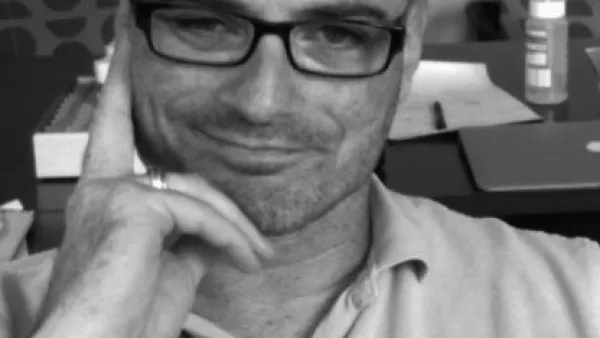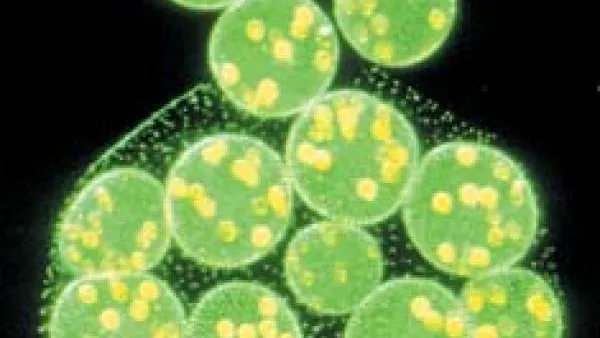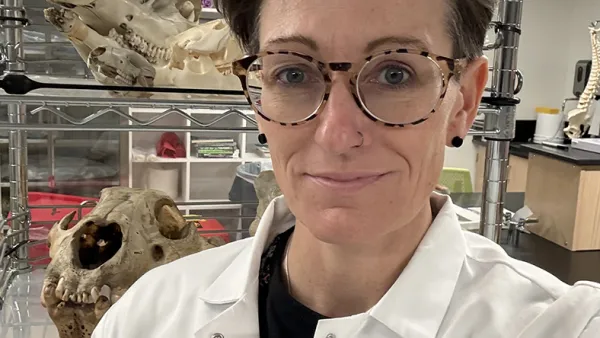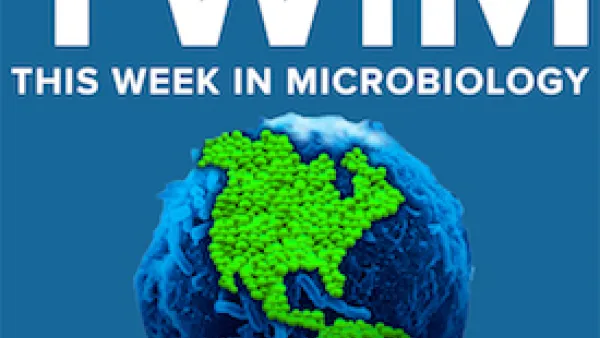Michael Landis joined the Department of Biology in Fall 2019 as an assistant professor. He spent his childhood living throughout several states because his father worked on radar systems for the US Air Force. His family first lived outside Washington, D. C., then in rural Massachusetts, next moving to New Mexico in the Southwest for nearly a decade, and finally living in the Mojave Desert of Southern California. As a child, he always enjoyed making music with his sister, tinkering on computers with his brother, exploring the outdoors, and visiting natural history museums. His love for biology stemmed from an appreciation for how life can take on so many different forms.
Growing up, Michael did not dream of becoming a biologist or scientist. He played classical oboe since 5th grade and instead assumed he would one day become a professional musician. Upon entering California State University, Long Beach as a music performance major, he learned it took not only talent but extraordinary luck and dedication to make a living as a musician. Considering alternative careers that would be both practical and creative, he returned to his fascination with computers and programming. After changing majors to Computer Science, he completed his undergrad degree, then moved to San Francisco to work as a computational consultant within the non-profit sector.
After several years of consulting, Michael felt that his work was not keeping his curiosity fed. He decided to pursue advanced research, with the hope of applying his computational training to study infectious disease or natural history. To prepare for graduate school, he attended the City College of San Francisco while volunteering at several research labs in the Bay Area. As a research volunteer with John Huelsenbeck at UC Berkeley, he fell in love with the field of phylogenetics. Soon, he became a PhD student in the Huelsenbeck Lab, eventually earning his PhD in Integrative Biology with an emphasis on Genomic & Computational Biology. After graduating, Michael completed two postdocs: first with Tracy Heath at Iowa State University to research computational problems in paleobiology, then with Michael Donoghue at Yale University to study plant biogeography and evolution, while supported by the Donnelley Postdoctoral Environmental Fellowship and later the NSF Postdoctoral Research Fellowship in Biology.
Michael was attracted to Washington University because of its bright students, its superb biology department, and its close ties to other regional research institutions. During his time studying at Yale, he learned about the Missouri Botanical Garden, a global leader in botanical research and systematics, and the Living Earth Collaborative at Wash U, a new consortium that fosters collaborations between St. Louis institutions to research issues surrounding biodiversity. Michael joined the department last fall and is setting up his lab. His group is interested in learning how evolutionary processes behave and how Earth's biodiversity has changed over time. In particular, the lab is interested in inferring phylogenetic relationships among species, estimating historical patterns of biogeography, and learning how phenotypes evolve over millions of years. To study these problems, the Landis Lab develops statistical models and scientific software to search for evolutionary patterns in biological and simulated datasets.
The Landis Lab is a dry lab that researches statistical and computational approaches to study evolution among species. Michael is in the process of setting up the lab, recruiting research staff, and pursuing new research in the following areas: historical biogeography, evolution of ecological interactions, phenotypic evolution, and phylogenomic inference. Eventually he hopes to house three postdocs, three graduate students, and some undergraduates. People who are interested in working in the Landis Lab should email him at michael.landis@wustl.edu.
To learn more about Michael Landis and the Landis Lab, see http://landislab.org/



